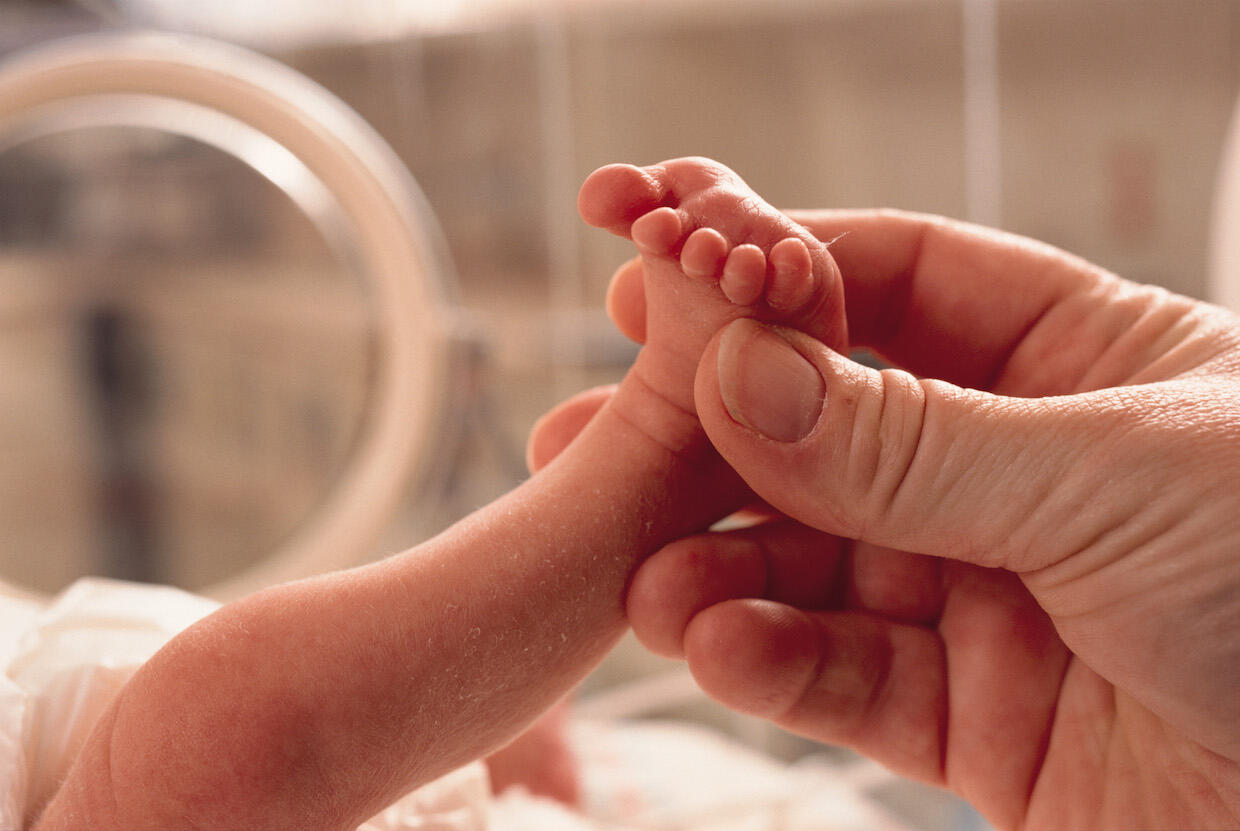
Aug. 10, 2020
Summer scholars program educates the next generation of physicians in neonatal care
Participants in the annual JACK’s program at VCU gain in-depth neonatology experience and insight into other pediatric subspecialty areas.
Share this story
Like most things, the annual JACK’s Summer Scholars Program at Virginia Commonwealth University looked quite a bit different this year due to the pandemic, with only three VCU medical students participating virtually rather than the usual 10 selected from applicants across the country.
The program, developed and led by Karen Hendricks-Muñoz, M.D., the William Tate Graham Professor of Neonatal Medicine in the VCU School of Medicine, provides students working toward a career in medicine with an intense, six-week experience learning from the VCU neonatology team as they provide patient care and conduct research.
“I had an interest in pediatrics, and specifically neonatology even before starting medical school,” said Gigi Rotyliano-Sykes, one of the three students in this year’s program. “When I learned there was a program where I could get a firsthand experience with the [neonatal intensive care unit] team, I knew it was how I wanted to spend my summer. Shadowing physicians, something many of us did before starting med school, is a great way to get an idea of what a specialty is like, but it can’t give you the kind of insight working within the field every day for six weeks can bring.”
A comprehensive virtual experience
Each student in the program is paired with a senior neonatology fellow and receives team guidance from Hendricks-Muñoz and her colleagues. The virtual curriculum this summer included observing weekly case management presentations in the NICU to learn about neonatal medicine cases, as well as the opportunity to participate in telemedicine visits in general pediatrics and the neonatal continuing care program.
“I love working with young future physicians to help them explore the reason they want to be physicians so they will continue to keep that resilience, fortitude and dedication as they go forth in their training,” Hendricks-Muñoz said. “This year’s students were frankly incredible! Because we were doing the program virtually for the first time, we had to do many things differently. It was evolving and developing before their eyes.”
In addition to the in-depth neonatology experience, organized clinical rotations allowed the scholars to gain insight into other pediatric subspecialty areas, including hospital medicine; general pediatrics; emergency medicine; ear, nose and throat; plastic surgery; orthopaedic surgery; and neurosurgery.

All in honor of Jack
The JACK’s Summer Scholars Program is funded by the Jack Cary Eichenbaum Fund, which was created in 2004 in honor of baby Jack, who was born too soon. Jack’s parents supported the development of the program by Hendricks-Muñoz at her previous institution, and then a second program when she came to Children’s Hospital of Richmond at VCU. The parents’ goal is to foster clinical care and medical education excellence so that every family is provided the exceptional, compassionate and supportive care that they experienced with their son.
Jack’s mom, Karen Eisenberg, is as passionate about the program today as she was when it first began.
“You have allowed Jack to make a difference in a world where he never took a single breath on his own. You have brought life to Jack. I am so proud — so blessed — to be part of a program that gives back to both the medical community and the community at large,” Eisenberg said.
The program continues to evolve under the leadership of Hendricks-Muñoz, advancing health care improvements and growth for the scholars as well as for faculty members, fellows and residents involved.
“Everyone benefits from JACK’s as we work on improvements for real-life hospital and clinical challenges,” Hendricks-Muñoz said. “JACK’s work has contributed to the science of neonatal medicine with developments in early warning tools for sepsis that are used at other centers in the nation, identification of unintended consequences of sedation in the preterm infant, and methods to decrease unintended extubations and blood transfusions to name a few. It’s a win for not only our patients, but for all patients.”
Rotyliano-Sykes said the program lived up to her expectations and then some.
“Neonatology is such a collaborative field. Not only are you working with a full team of specialists, from respiratory therapists to dieticians, but you’re intimately involved in getting to know these families,” Rotyliano-Sykes said. “For them, being in the NICU can be one of the most terrifying experiences of their lives, and it’s everyone’s job to make them feel as comforted as possible. For me, JACK’s confirmed I’m on the right path, and I hope to continue to grow and learn about this incredible field.”
Subscribe to VCU News
Subscribe to VCU News at newsletter.vcu.edu and receive a selection of stories, videos, photos, news clips and event listings in your inbox.







